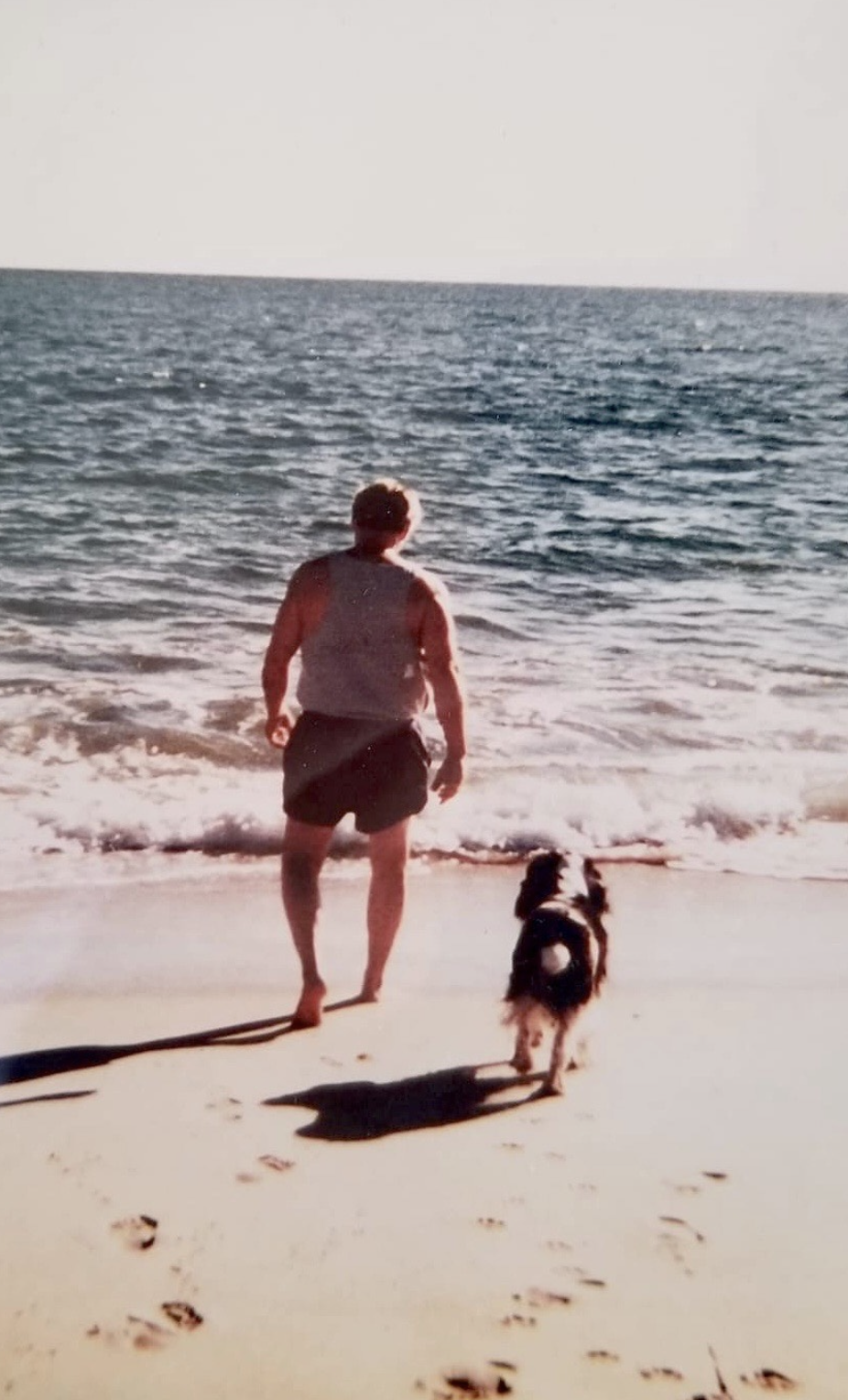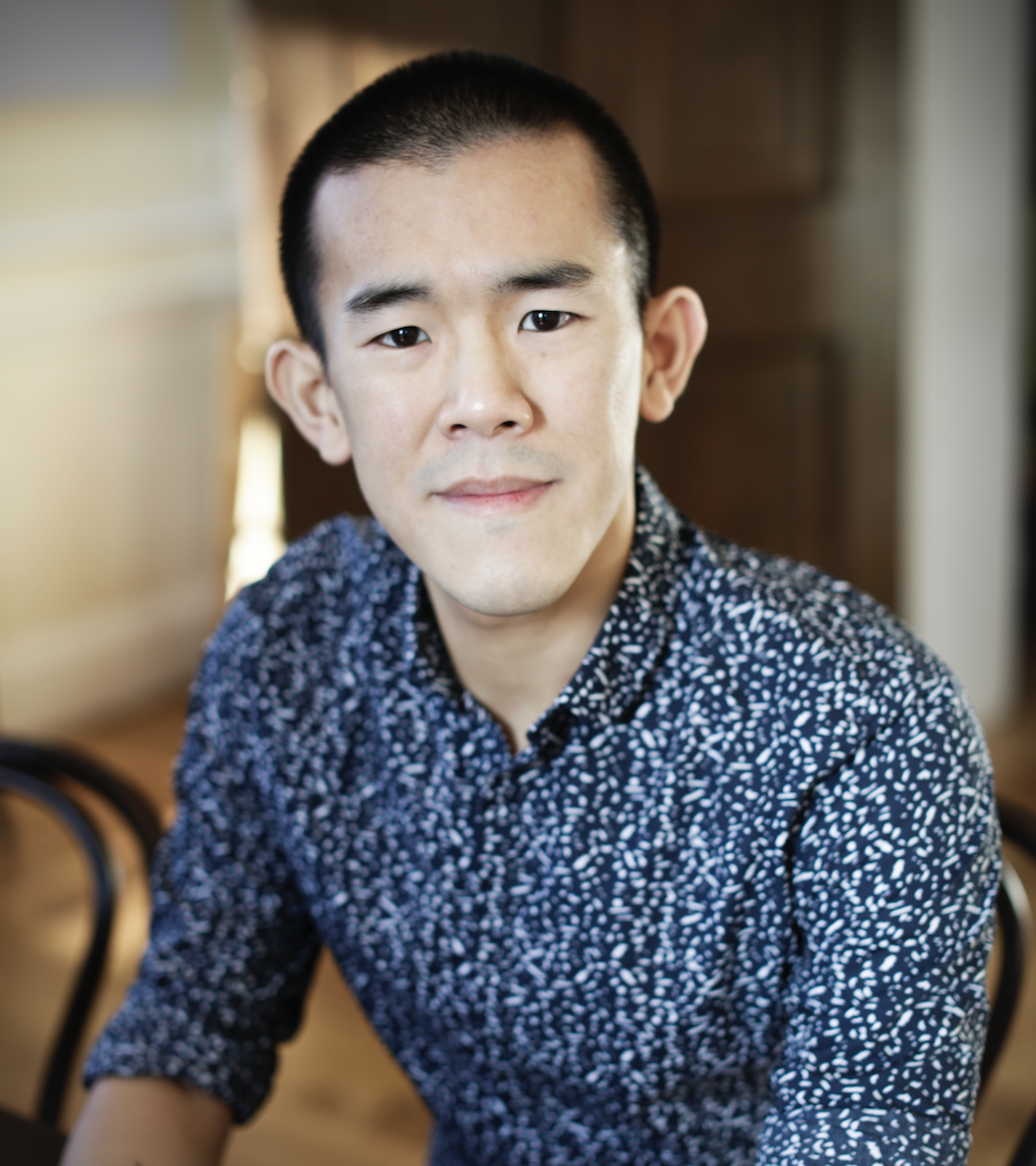This literary map of the United States, which pins American writers to their places of birth, got me wondering if certain stories exist apart from writers, and the trick (no small trick) is in discovering them in the landscape. Huck Finn seems more bound to the Mississippi River than to Mark Twain’s imagination. And if Tennessee Williams had never been born, I wouldn’t be surprised if some other writer bumped into Blanche Dubois.
Every once in a while you encounter one of these inevitable-seeming stories, a yarn so intimately linked to its place of origin that you automatically pull up a chair. For me that happened most recently when I read the first line of Frank Bill’s Op-Ed in The New York Times:
“Used to be, every year around deer season, there was a story that got told in my family…”
What follows is a story about a man who kills a deer without weaponry, the kind of story so warped by time and retelling that it’s hard to say which parts are true — a genuine American tall tale.
Frank Bill’s is the kind of storytelling Philip Pullman aspires to in his new translation of Grimm’s fairy tales. In a review at The New Yorker’s Page-Turner, Maria Tatar admires the way “Pullman channels the folk raconteurs who told tales long before Jacob and Wilhelm Grimm published the first volume of their stories.”
Karim Kattan, on the other hand, is troubled by the exaggerated stories she grew up hearing in Palestine. Writing for The Paris Review blog, Kattan wonders why she is drawn to stories she is certain are “borderline delusional”:
“Whenever I go back, I find myself jammed in between two separate worlds. The actual place—that dry and yellow patch of deadly land, for which I feel a profound distaste—and that dreamland, a landscape of ghostly buildings full of merry songs and cocktail parties, a crowd of ghosts hovering through the land, living the good life, their laughter echoing in the dark.”
At The New York Review of Books, Ian Buruma discusses the work of a filmmaker estranged from his homeland, the Iranian-born Abbas Kiarostami. For political reasons, Kiarostami is now unable to make movies in his country and must find foreign locations to suit his purposes. “Still, if anyone is equipped to overcome the cultural handicap of working in a foreign milieu, it is Kiarostami,” writes Buruma. Kiarostami’s latest film, Like Someone in Love, is set in Tokyo:
“The setting in Japan does not feel arbitrary; it has a point. Tokyo, the ultimate modern metropolis, with its neon-lit commercial graffiti and buildings that look like a pastiche of everywhere and nowhere, is perfect for Kiarostami’s story of closeness between strangers.”
At The Guardian, Kiarostami commented on his exile, pointing out that at his age, the question of setting doesn’t matter much, that he can tell his stories anywhere:
“Leaving Iran would be very worrying for a younger artist. But I’m not making films about now. I’m making films about older times, bringing them up from deep in the ground.”
In the most recent issue of Lucky Peach, I read an interview with Rick Bishop, a gingseng hunter who spends hours digging for “shang” in the Catskill woods. When it comes to ginseng, the smallest, gnarliest roots are the most valuable, or, as Bishop describes them: “the older, smaller, most tortured roots — the ones that grew in a loveless, shady, rocky place for three or four presidential administrations, never getting much bigger than a kid’s pinky — are the most powerful.”
That could be a metaphor about the kind of stories that remain hidden; or maybe, it’s about the writers whose job it is to find them.
Hannah Gersen is the Dispatches Editor for The Common.



